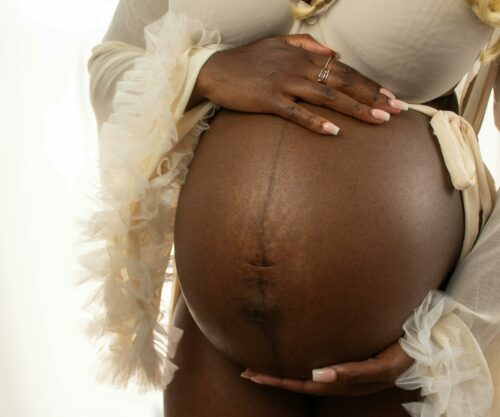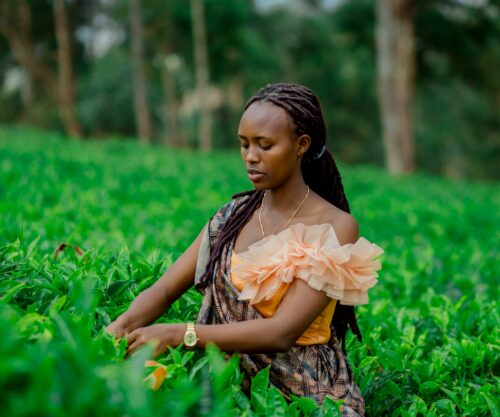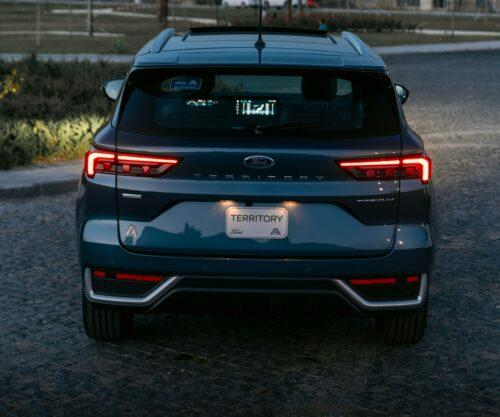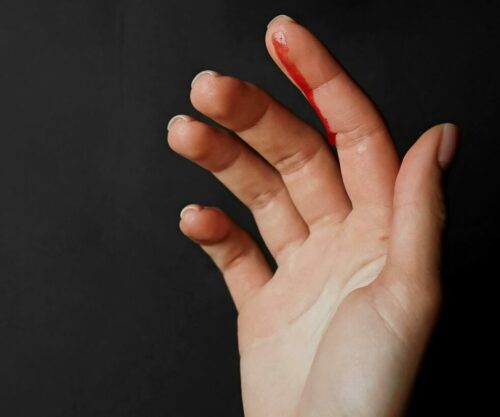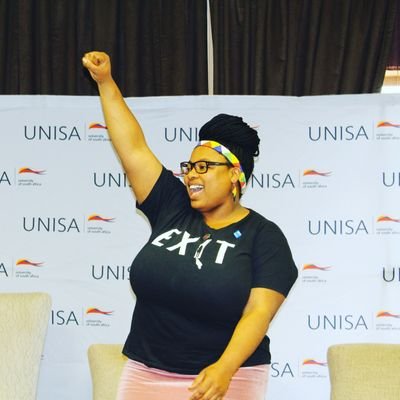
Author, activist and survivor of sex trafficking Grizelda Grootboom speak to us about how she was rendered homeless for over two decades of her life.
If my home hadn’t been taken away I wouldn’t have been homeless at 8. My family was forcibly removed from District 6 in 1988. . In the same year, after losing our family home, my granddad and then my grandma passed away. It was a crazy year. The apartheid government said that we needed to leave and move to the Cape Flats, but my father fell into a deep depression after the loss of our home and didn’t attend the meetings were relocations were assigned so we didn’t get onto the list for alternative government housing so my dad and I automatically became homeless.
We moved around a lot. Sometimes we went to an adult shelter where I would be left and then we would move from shelter to shelter. It was usually two weeks in a shelter and two weeks on the street. When we weren’t in and out of shelters, we lived under the Foreshore bridge in Cape Town which became an informal settlement for other people who had lost their homes and nowhere else to go. We also moved between the bridge and the harbour which was within walking distance of the bridge. The fishing industry was booming so the harbour was a place where we could try get money. There was lots of drinking, sex work as the harbour became a social place. But the Foreshore bridge was essentially my home from the time I was 8 until I was 18.
Visiting my mother and looking for some kind of home led to my first rape. Because living on the street was so hard, and got increasingly violent, I wanted some kind of home again. I visited my mother in Khayelitsha and that’s where I was gang raped which led to me going back to the streets. Living on the street exposed me to so much violence. We had to learn to be street smart, to be gangsters, we learnt how to survive jail in case we were ever caught. By the time I was 16 and 17 the streets were heavily policed and militarized, and street kids were always criminalised, we were always treated like we were doing something wrong. We often got sent to juvenile jail, sometimes adult jail.
We were street kids as the new South Africa happened but we weren’t included. We were the first street kids to attend Mandela’s birthday. They rounded us up in buses, cleaned us up and put us on a plane to Jhb to attend his birthday at Gold Reef City. Some of the kids ran away to beg and/or to get glue and thinners. We would get kicked out of shelters because we had glue and thinners which wasn’t allowed. When some of the kids ran away in Jhb, there was no way to find them because so many of them were not documented properly. We were aware of the political change that was happening in SA but we couldn’t feel it.
At 18 I decide to leave Cape Town because I was hoping for a better life. By the time you were a street kid and 17 there was pressure. You knew that there were kids going to jail, and soon that could be you. Children’s shelters were already saying “next year you need to go” and so you knew that you would have to leave and the adult shelters never had enough space. By the time I was 17 I had developed a friendship with a girl named G, she was from a well off family and she said she would be going off to Joburg to study. She often got drugs from me and my other street kid friends, I got a break from the streets with her because she had money. She moved to Jhb and we stayed in touch, and I asked her if I could come up and move in with her. She said it was fine and I ended up in her hands in Yeoville where she betrayed me and sold me into sex trafficking.
After two weeks I found myself on the streets of Jozi. I was kicked out of the house I had found myself in after being repeatedly raped and injected with crystal meth. I knew I had to get street smart again and found my way to Park Station. I learnt once again that the streets are violent and male dominated spaces. My time in Jhb was a cycle of being captured by pimps for a few weeks and then back on the streets again. This happened from the time I was 18 until I was 27 and there were always other girls- other girls going through the same cycle of violence.
I know what it’s like being rejected by people who claim to want to help you. Many NGOs reject people because they have criminal records or substance abuse. People get judged for trying. Churches also instead of providing support, judge people and either don’t know how to help those living on the streets or they don’t really care. I work with survivors of trafficking and former drug users and what I know that solutions have to be individually tailored and hands on. Often people reject survivors because it looks like they are not being serious, not realising that the solution is long and complex. Rehab from drugs often takes time and a few tries and people aren’t given that space or even have the process explained to them. We don’t get the best healthcare to people who want to quit, which is hugely important. There’s the psycho-social, emotional and economic and we need good structures to help women and children on the streets
I am currently working on my second book and a documentary that looks SA’s slavery past and how slavery led to groups of people being homeless and street people. We don’t talk about that enough.
SEE ALSO: Must read South African books that deal with homelessness

